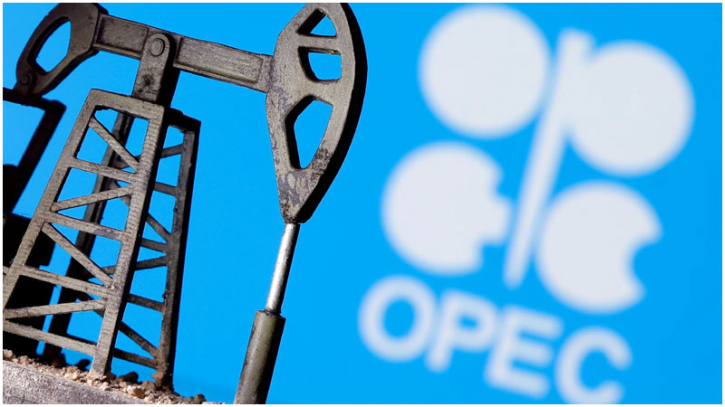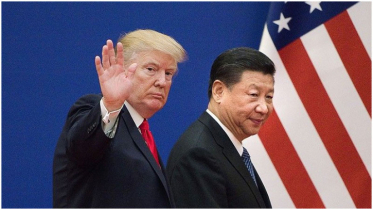OPEC cuts oil demand projections for 5th straight month

The Organization of the Petroleum Exporting Countries (OPEC) has cut oil demand growth forecasts for 2024 and 2025 for a fifth straight month, with the latest cut so far the deepest. OPEC has cut 2024 demand growth by 210,000 barrels per day (bpd) to 1.6 million bpd, 27% below its first estimate made in July, Bloomberg reported.
The OPEC secretariat said the revision takes “into account recently received bearish data” for the third quarter,” including “downward revisions to OECD Americas and OECD Asia Pacific.”
Different energy agencies have been issuing varying projections for oil demand growth. Last month, the Joint Organisations Data Initiative (JODI) released its latest oil market report. Following the release, StanChart worked out that global oil demand in September clocked in at 103.012 million bpd, the fourth consecutive month global demand has exceeded 103 million bpd.
The y/y increase in demand in September was 1.136 million bpd, slightly below the average of 1.332 million bpd, but an improvement on August, when growth was just 0.631 million bpd. Previously, StanChart pointed out that oil demand growth, not absolute oil demand, is what has been slowing down from earlier post-pandemic years. Indeed, StanChart has noted that global oil demand has been setting a series of new all-time highs in the current year.
The International Energy Agency (IEA) has been among the most bearish energy analysts. Earlier in the year, the energy watchdog predicted that global demand for all fossil fuels will stop growing this decade at a time when supplies of oil and LNG are poised to continue growing. The IEA, however, has predicted this development will come as a major boon for consumers because electricity prices will start declining as renewables play a bigger role in our generation mix.
“The world is set to enter a new energy market context in the second half of this decade because underlying market balances for oil and gas are easing. Bar major geopolitical conflicts, we will be entering a period where prices will see significant downward pressures,” IEA Executive Director Fatih Birol said in an interview.
.png)




